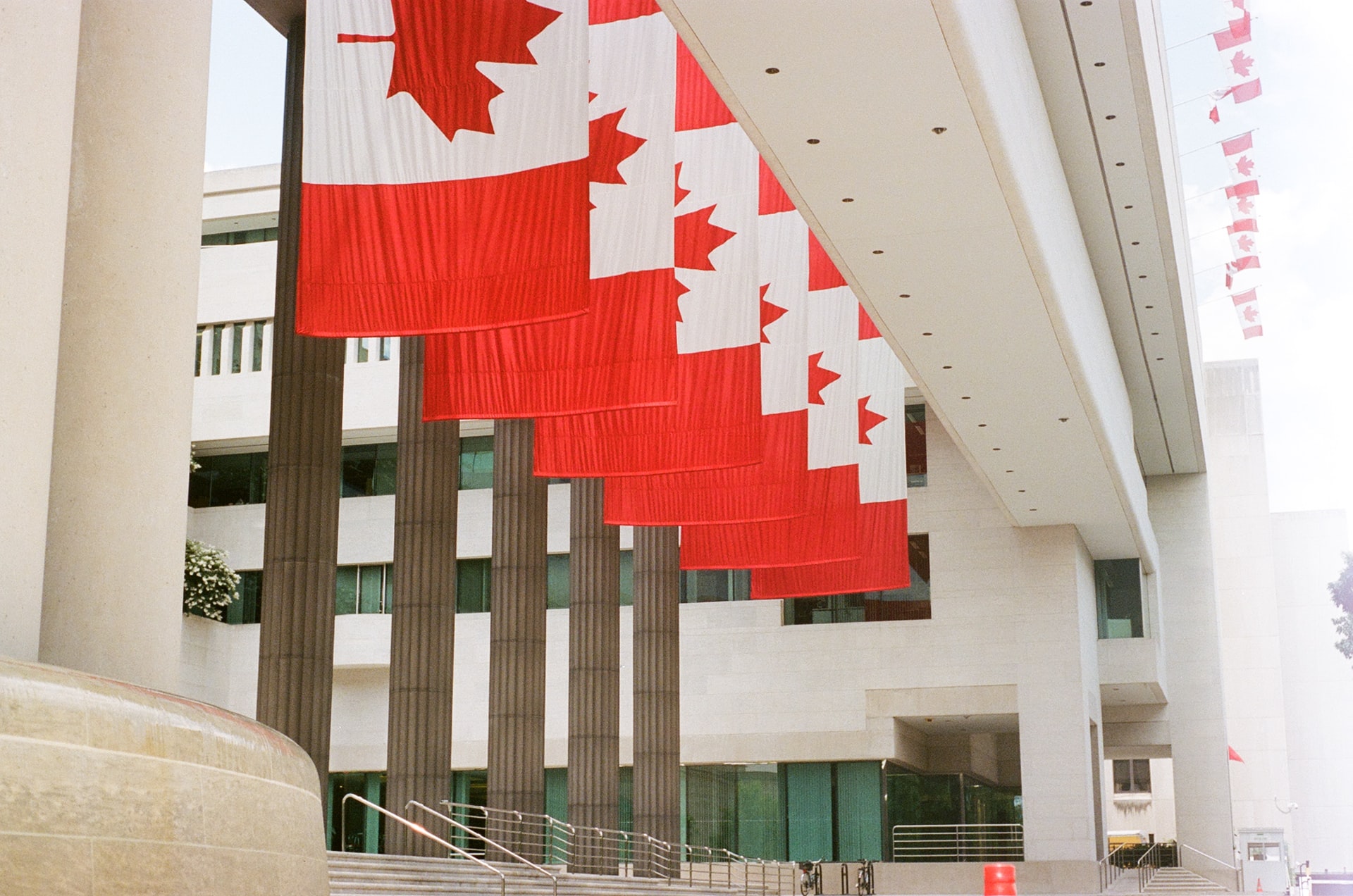
New investments in community infrastructure by the governments of Canada and British Columbia will benefit Lower Mainland communities while also supporting economic recovery in the context of the COVID-19 pandemic by getting projects underway and meeting communities’ needs as they restart their economies.
These investments will play a key role in strengthening local economies, and helping ensure sure all British Columbians have access to the services and cultural networks they need to build resilient communities.
Today, the Honourable Carla Qualtrough, Minister of Employment, Workforce Development and Disability Inclusion and Member of Parliament for Delta, on behalf of the Honourable Catherine McKenna, Minister of Infrastructure and Communities, and the Honourable Maryam Monsef, Minister for Women and Gender Equality Rural Economic Development; and Ravi Kahlon, Member of the Legislative Assembly for Delta North, on behalf of the Honourable Selina Robinson, B.C. Minister of Municipal Affairs and Housing, announced funding for 21 projects in the Lower Mainland under the Investing in Canada Infrastructure Plan.
In North Delta, the funding will support a new track facility featuring an eight-lane track with a synthetic surface, and an infield made of natural turf. The new venue will also include field lighting, bleachers, additional parking as well as multi-purpose outdoor courts. This community-focused facility will open up new opportunities for residents to stay healthy, come together, train local athletes, and host athletic events.
In the District of Squamish, a new sea dyke will be built in Xwu’nekw Park on the Mamquam Blind Channel to address increasing flooding due to rising sea levels. This will help keep people’s homes safe, protect local businesses, and preserve other essential infrastructure communities rely on daily. The work also includes enhancing the site with a new walkway, landscaping, lighting, trees and benches.
Among the other projects receiving this funding are improvements to community centres, health centres, storm water management, drinking water and wastewater facilities, cultural facilities and social support hubs.
The Government of Canada is investing more than $44.5 million, the Government of British Columbia is contributing over $19.2 million, and the applicants (municipalities, Indigenous communities and not-for-profits) are contributing more than $22.3 million to these projects through the Community, Culture, and Recreation Infrastructure Stream (CCRIS), and the Rural and Northern Communities Infrastructure Stream (RNIS) of the Investing in Canada Plan.
More than $19.4 million of the federal and provincial funding is going to nine projects in Indigenous communities.
Further announcements of infrastructure investments will follow in the coming months as Canada and British Columbia work together to support jobs, improve our communities, and safely and sustainably restore economic growth.
Quotes
“When we invest in infrastructure projects like the North Delta Track, we are enriching our communities, making them more resilient and inclusive for the future. Delta families for generations will benefit from the North Delta Track, as it is sure to become a hub of community activity. Delta athletes will be able to train in Delta. Seniors will have a safe and accessible place to walk and gather. Children and families will have more space to play and be active. Our Government understands the important role that sport, recreation and active living play in our communities. We are also investing in infrastructure projects across the Lower Mainland that are working to make communities more resilient to climate change and increasing flood risks, working to improve community and health centres as well as drinking water facilities. We are supporting local economies and investing in the success of Canadians.”
The Honourable Carla Qualtrough, Minister of Employment, Workforce Development and Disability Inclusion, and Member of Parliament for Delta on behalf of the Honourable Catherine McKenna, Minister of Infrastructure and Communities, and the Honourable Maryam Monsef, Minister for Women and Gender Equality and Rural Economic Development
“For years, people in our community have been asking for a new track where they can train, play, and connect with one another. This is an incredible example of what can happen when we work together, and I am so pleased to see our government working with our Federal counterparts to make this a reality.”
Ravi Kahlon, Member of the Legislative Assembly for Delta North on behalf of the Honourable Selina Robinson, Minister of Municipal Affairs and Housing
Quick facts
Through the Investing in Canada Infrastructure Plan, the Government of Canada is investing more than $180 billion over 12 years in public transit projects, green infrastructure, social infrastructure, trade and transportation routes, and Canada’s rural and northern communities.
$25.3 billion of this funding is supporting social infrastructure in Canadian communities.
$2 billion of this funding is supporting infrastructure projects that meet the unique needs of rural and northern communities like facilities to support food security, local access roads and enhanced broadband connectivity. In addition, $400 million is being delivered through the Arctic Energy Fund to advance energy security in the territories.
The governments of Canada and British Columbia are providing more than $134 million for the first intake of project applications under the Community Culture and Recreation Infrastructure Stream (CCRIS) of the Investing in Canada Plan, and more than $94 million for the first intake under the Rural and Northern Communities Infrastructure Stream (RNIS).
The second intake for both streams was announced on June 25, 2020 with the following funding available from the governments of Canada and British Columbia combined:
CCRIS: up to $100.6 million
RNIS: up to $58.7 million
Information about the programs and applications can be found on the B.C. government website: www.gov.bc.ca/Investing-in-Canada-Infrastructure-Program